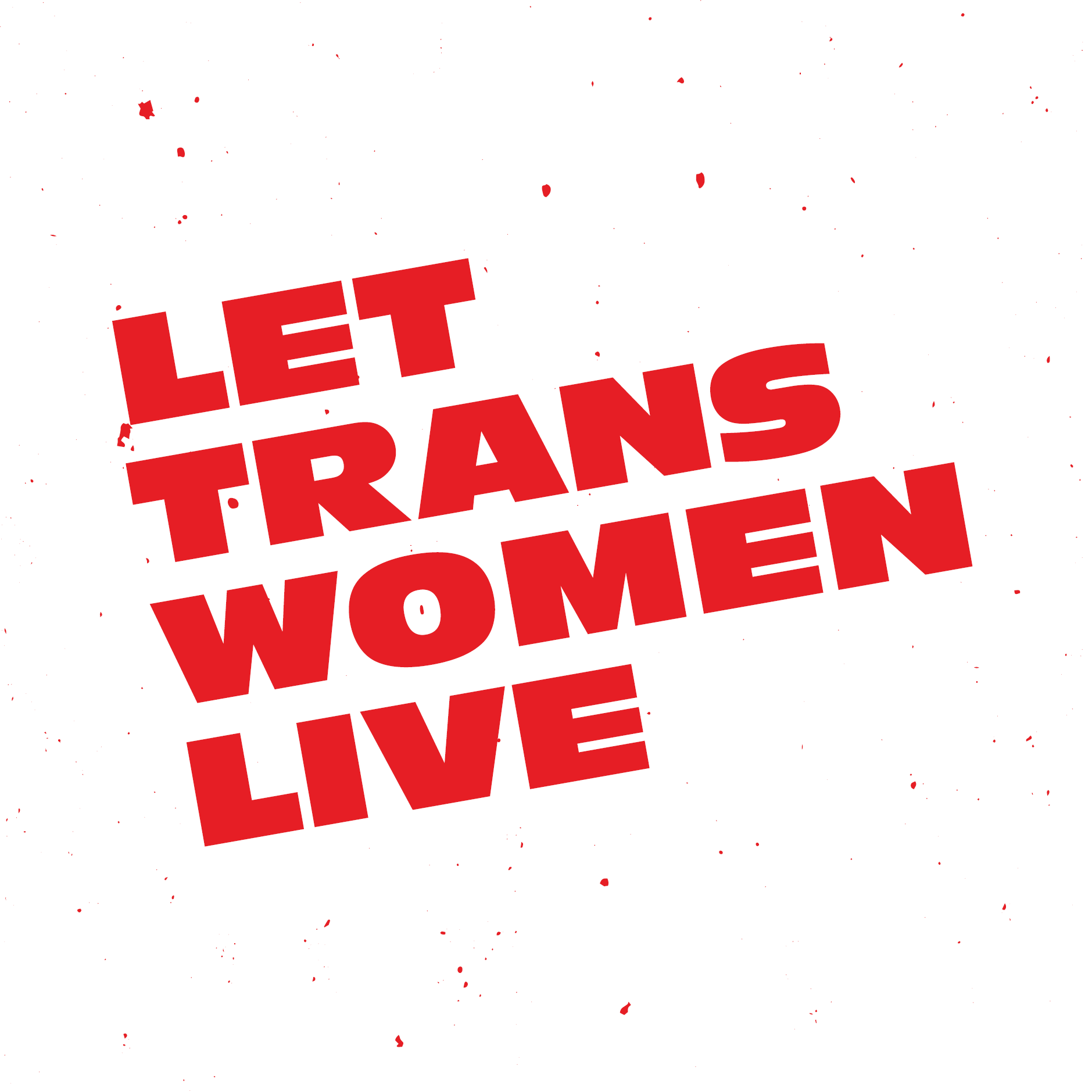CW: anti-LGBTQ+ violence
Another trans person was killed last month in Orlando, Florida. Her name was Sasha Garden. She was the 16th trans person killed so far this year, 15 of whom were trans women.
News surfaced in June that a different trans woman, Diamond Stephens, was killed in Mississippi; however, because of the police and media misgendering her, it was not acknowledged that she was trans until just last week.

There was not a lot of coverage on either woman in major news outlets. The media focus on Sasha’s death is how initial reports misgendered her (a common occurrence, sadly) and what she did in her community. The latter focuses on her life and what she did with it, so that we can remember her and tell her story. Telling the stories of those who have been killed is an important part of the fight against violence; telling stories humanizes victims rather than reducing them to statistics, and reminds communities that someone’s life was taken away.
But there is a gap in the ways in which we talk about violence that effects the trans community and violence in other facets of social justice activism. Very rarely does the conversation about violence against trans people include information about the levels and causes of violence that trans people, as a whole, face. The conversation too often doesn’t cover the why, just the what. The intersection of unemployment, poverty, and homelessness make trans people much more at risk of violence. One of the few ways to truly curb violence against trans people is to address that issue and push for more inclusive protections and social programs that work to end poverty.
Even when the media covers more complex issues like this – poverty that leads to violence – it isn’t shocking or breathtaking enough to break through the regular noise and gain traction. People don’t want to pay attention to it. Being reminded of this violence is hard, but we have to be intentional about acknowledging what is going on and bringing focus to it.
Across the board, the media has a short attention span when it comes to violence: a mass shooting gets maybe a week’s press and the conversation stops. This short attention span becomes even shorter when concerning marginalized communities. According to the Anti-Violence Project 2017 LGBTQ Homicide Report, 52 LGBTQ people were killed in 2017 in the United States (5). That means that one person was killed every week because of their identity. 49 people killed in 2016 at a gay club in Orlando still garners news attention (likely because it was the deadliest mass shooting in modern U.S. history at the time) – but 52 queer people killed last year didn’t make any national headline.
What will it take for people to stop what they are doing and look at this glaring problem? How do we cut through the noise and get people to see that trans people are being murdered at harrowing – and increasing – rates?

Individual acts of violence, like Sasha Garden’s murder, don’t get the same attention as mass violence does (and even mass violence has become normalized in 2018 America). Telling the victims’ stories hasn’t been enough to get media attention. Talking about this continuous violence against trans people hasn’t been enough to push for tangible solutions.
Don’t let anti-trans violence continue to be swept under the rug. Keep yourself informed: stay up to date on the violence the LGBTQ+ community – specifically the trans community – is facing, and tell others about it when it happens. And push yourself and the media to go even further: bring up the policy solutions that could help make a difference, like job protections and housing for trans people.
We honor these victims by sharing their stories, but we must also honor them by working to ensure an end to anti-LGBTQ+ violence.
The featured image for this blog post is a derivative, altered to fit size constraints; original artwork by Robyn Kanner / Creative Commons.

